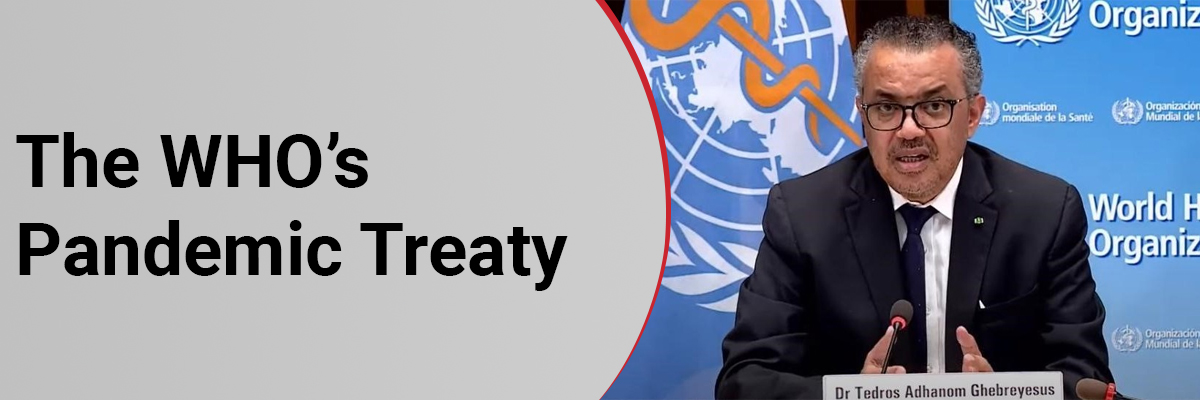
 IJCP Editorial Team
IJCP Editorial Team
The WHO’s Pandemic Treaty
The COVID-19 pandemic has exposed ongoing disparities in population health, mortality rates, and access to medicines among nations, which stem from historical colonialism, racism, and exploitation. The World Health Organization (WHO) has incorporated the concept of equity into its call for action on the pandemic treaty, aiming to establish legally binding obligations and global mechanisms for pandemic prevention, preparedness, and response. The draft treaty seeks to operationalize equity through international law, including the redistribution of resources, thereby taking a step towards decolonizing international law for infectious diseases.
The current international law for public health emergencies, the International Health Regulations, perpetuates colonial-era frameworks, favoring high-income countries and placing a disproportionate burden on low and middle-income countries. The draft treaty's definition of a pandemic narrows its scope, potentially excluding certain health emergencies that disproportionately affect vulnerable populations. The principle of "common but differentiated responsibilities," established in international environmental law, acknowledges the varying resources of states globally and suggests that those with more resources should bear greater responsibility for achieving global equity.
The draft treaty includes provisions to address global inequities in accessing diagnostics, vaccines, and therapeutics, such as establishing a predictable global supply chain and incentivizing technology transfer. Notably, the inclusion of a "pathogen access and benefit sharing" system aims to ensure equitable access to genetic resources and the fair distribution of benefits derived from their use.
Member states' decisions regarding the inclusion or dilution of equity provisions in the final treaty text will have direct implications for future pandemics. Of note, calls from civil society and experts to address antimicrobial resistance have been made during negotiations on the Pandemic Instrument.
Effective participation, transparency, and civil society engagement are essential for reframing international law for infectious diseases and achieving global equity, which can contribute to preventing and effectively responding to pandemics.

IJCP Editorial Team
Comprising seasoned professionals and experts from the medical field, the IJCP editorial team is dedicated to delivering timely and accurate content and thriving to provide attention-grabbing information for the readers. What sets them apart are their diverse expertise, spanning academia, research, and clinical practice, and their dedication to upholding the highest standards of quality and integrity. With a wealth of experience and a commitment to excellence, the IJCP editorial team strives to provide valuable perspectives, the latest trends, and in-depth analyses across various medical domains, all in a way that keeps you interested and engaged.










.jpg)








.jpg)


Please login to comment on this article